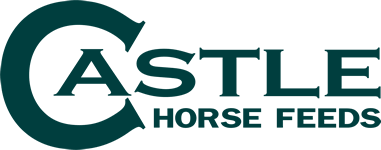Minerals are divided into two groups based upon the dietary level needed. Micro- minerals (trace minerals) are required in small amounts and are expressed as mg/kg
- Cobalt
- Selenium
- Iodine
- Choline
- Iron
Cobalt
Function
Fibre digestion and structural component of vitamin B12 that is synthesized by bacteria found in the cecum and colon.
Selenium
Function
Selenium works jointly with vitamin E as an antioxidant to protect body tissue from damage. Selenium works inside the cell as part of an enzyme (glutathione peroxidase) to prevent the formation of the free radicals, while Vitamin E protects cell membranes by blocking free radicals at the membrane level.
Iodine
Function
Synthesis of thyroid hormones that control energy metabolism, growth and muscle sensitivity (speed at which they contract).
Choline
Function
It is also known as vitamin B4 although it is required in a much higher level than vitamins. It helps to maintain cell membrane integrity and normal maturation of bone cartilages.
Iron
Function
The horse has a low requirement for dietary iron, as it recycles iron from haemoglobin and makes it available for the synthesis of “new” haemoglobin. Forage will supply all the iron a horse needs and there is no need for iron supplementation.
